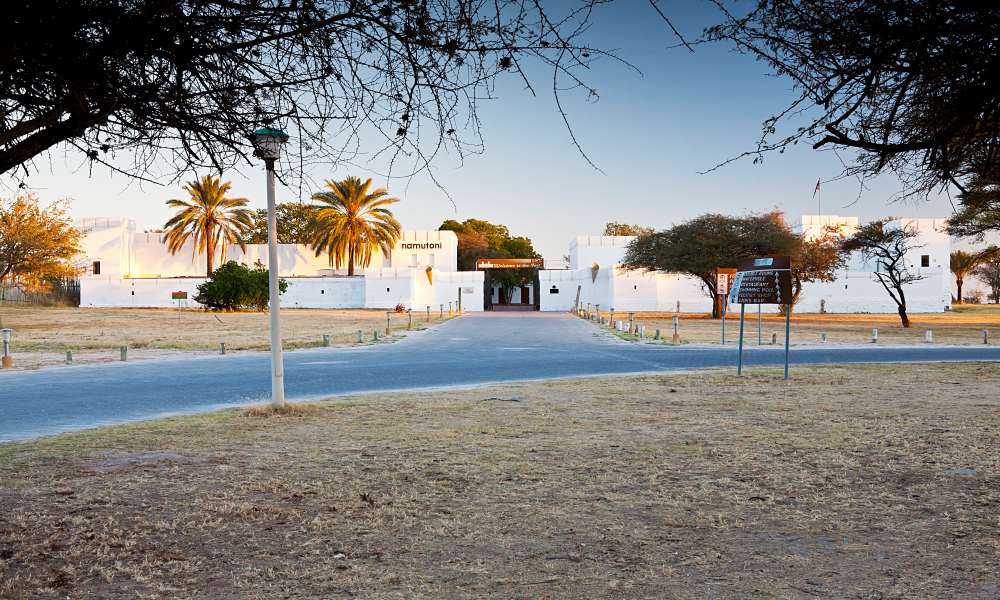NWR looks to the future
‘Our overall aim is to ensure that Namibians get to see Namibia’
Namibia Wildlife Resorts is the only hospitality and tourism provider in Namibia that offers accommodation within the country's national parks.
As Namibia Wildlife Resorts (NWR) looks to the future, the company plans to expand, upscale, and improve the entire entity to ensure that it remains Africa’s preferred tourism destination.This is according to the spokesperson of NWR, Nelson Ashipala, who explains that it started its operations in 1999 to provide tourism and hospitality management in national parks.
He says that the company is strategically positioned as a commercial state-owned enterprise and is one of the country’s largest providers of lodging in Namibia.
"It has its roots entrenched in being Namibian for Namibians. Our overall aim is to ensure that Namibians get to see Namibia. This will forever be our mantra."
Ashipala says that several resorts and campsites that NWR operates and manages were already run by the tourism ministry before the company was established.
A long history
This included Namutoni, which was opened in 1958, followed by Okaukuejo in 1963, Halali in 1967, Waterberg in 1972, Gross Barmen Resort in 1976, and then others followed.
"We now have over 24 resorts countrywide and four campsites."
Ashipala adds that NWR is therefore the only hospitality and tourism provider in Namibia that has resorts within the country’s national parks.
"We plan on offering comprehensive, good customer service, providing different customer experiences, and showcasing Namibia to the world without inclusive marketing," says Ashipala.
He says that with some renovations still ongoing, plans for new developments will have to take a back seat for the moment.
"But we would like to add new resorts under our belt in order to expand NWR all over the country, especially to parts of the country that do not have any NWR resorts yet."
Occupancy
He says that NWR's occupancy statistics vary from time to time, depending on tourism time zones.
By mid-February, it averaged about 3 000 per week (seven days of occupancy) during off-peak season, 7 000 per week during mid-term season, and 1 200 per week during peak season.
"NWR is truly Namibian and will continue to offer and showcase the beauty of our country to the world. Over the coming days, we will start to witness great changes in the quality of service."



